Discover Teaching English Today- The 4 Cs and beyond
Teaching English Today- The 4 Cs and beyond

Teaching English Today- The 4 Cs and beyond
Author: Louise Carleton-Gertsch
Subscribed: 65Played: 961Subscribe
Share
© Ernst Klett Sprachen
Description
We’ve all heard of the 4 Cs – collaboration, creativity, critical thinking, communication –, but what if there were other key skills and qualities? What about the power of curiosity, the value of empathy and the need for grit? Join me – and my guests – as we delve into these core skills in this podcast series and work out just what their importance is for students of English.
48 Episodes
Reverse
AI has arrived in young people’s everyday lives. Yet studies show that they often overestimate how trustworthy it is, lack an understanding of how it works, and do not know how to harness its potential in a responsible and ethical manner. In this episode, we’ll examine the need for AI literacy, what it entails, and how we can initiate an open dialogue about using AI in the classroom.
Today, discussions surrounding creativity and generative AI are becoming increasingly widespread. In this episode, we explore the role of generative AI in human creative output, how it enhances creative thinking in the workplace, and where ist limitations still lie. You’ll also find some ideas for Classroom activities that foster creativity and incorporate AI.
Are we born with a particular mindset, or can we shape the way we think over time? In this episode, we’ll explore the key differences between fixed and growth mindsets, debunk some of the most common myths about the latter, uncover how we can go about changing our thinking patterns, and discuss practical strategies for helping students (and ourselves) develop a more resilient approach to learning and life.
Today, organisations are increasingly looking for adaptable and resilient employees who are able to navigate uncertainty and change. In this episode we’ll be looking at the similarities and differences between adaptability and resilience, which other skills and competencies are linked to them, the characteristics and behaviours of stress-resilient leaders and the importance of psychological safety for both. Listen in to also find out what we can do to foster this in the English-speaking classroom.
Do you suffer from brain rot? Why are our attention spans shrinking - to what extent does digital technology play a role? In this episode we'll be looking at different forms of attention, some practical ways we can regain control, as well as a few ideas for students. Tune in to find out more!
Tolerance for ambiguity is a crucial skill for navigating the complexities and uncertainties of the modern world, as well as being key for innovation. In this episode we'll be looking at different ways people deal with ambiguity, how we can develop our tolerance for it, and some practical ideas for how it can be fostered in the English-speaking classroom.
Attention has become a valuable commodity, especially on social media platforms that use sophisticated algorithms designed to keep us hooked. In this episode we'll be looking at why this is especially challenging for young people, whether all screen time is created equal, and what we can do in the classroom to help students think more critically about how they use social media.
Today, the climate crisis is fundamentally reshaping the planet. And it is the younger and future generations that will bear the brunt of this. In this episode we will be looking at how we need to help young people develop a global mindset as well as agency - in its different modes - to be able to face the challenges ahead.
Most of us don’t ask enough questions, good questions. This is not only central for effective communication but also critical and creative thinking. In this episode we’ll be looking at different types of questions, how we can learn to ask better questions, and importantly, what can be done to further this in the classroom. Listen in to find out more!
Whether at the BETT show or the International Day of Education, AI is a hot topic right now. It’s no longer coming, it’s here and changing how we teach and learn. Listen in to find out how we can help students navigate AI without losing their critical thinking skills or agency, why AI literacy and search literacy are essential, the importance of understanding how students use AI, as well as why we need to focus on the process not just the end product.
Self-awareness is a core component of emotional intelligence - yet most of us overestimate how self-aware we truly are. In this episode we’ll explore what self-awareness is, how it affects us and our work, the importance of changing the questions we ask ourselves, and what students can do to improve their selfawareness to influence their learning outcomes.
Many people view voting as fundamental to being a good citizen, yet voter turnout is on the decline. In this episode, we’ll be exploring the concept of democratic competence, focusing on the key values, attitudes, skills, and knowledge necessary for its development. We will also be looking at practical ideas and activities for fostering this vital competence in the classroom.
Have you heard of the five dimensions of curiosity? Do you know what its benefits are? Are you interested in finding out what can be done to promote it in the classroom? Come and join me to find out more!
Today, working in teams is the norm. But why is it that some teams click and others don’t? What lies at the core of effective collaboration? In this episode we’ll be looking at two key components that come up in studies time and again. We’ll also be exploring how we can help students to become more effective at working together.
As the new school year begins, it’s the perfect time to think about how 21st century skills can be integrated into the classroom. In this episode, I’ll be sharing practical ideas on how to do so, including ways to support student agency, strategies for effective communication when giving and receiving feedback, and a few activities to practise noticing - a prerequisite for creativity and critical thinking. I’ll also be looking at how we can help students to engage their critical thinking skills when dealing with photos on social media.
Welcome back!
Memorable talks often include stories because they help establish a bond between the speaker and audience. To do so effectively, stories need to be chosen and crafted with the audience in mind. In this episode we’ll be looking at how to considered, the structure, the importance of authenticity, and where to find inspiration.
In today‘s episode I am joined by Matthew Lovett, a former headteacher, now an inspector of schools in England and school governor. He shares insights into a couple of major changes in education in England over the past years, some differences between the independent and state sectors, the growing need for critical thinking skills, a student-led approach to teaching engineering in a prep school, why trainee doctors are being taught art, the importance of debating, and the current state of language teaching among other things. Do listen in to hear what he has to say!
Creativity and innovation are key components of design thinking, a human-centered approach to creatively solving problems. In this episode we'll be looking at what exactly design thinking is, the phases involved in the design thinking process, the kind of mindset people need, and how this creative process can be supported and used in the classroom.
Since ChatGPT’s emergence, there have been a lot of debates as to whether to ban it in schools. But does it really hinder critical thinking, problem-solving skills and student agency as some have claimed? On the contrary! In this episode we'll be looking at how these skills are essential for crafting effective AI prompts and evaluating the responses presented by the AI chatbot.
In this episode we'll be taking another look at the key skill of listening. Why is it that many of us tend to overestimate our listening abilities? What does being a good listener really entail? What can we learn from negotiators and journalists? And, of course, what can we do with students to help them focus and listen better? Join me to find out more!


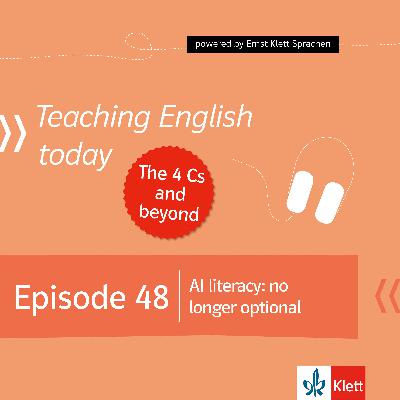
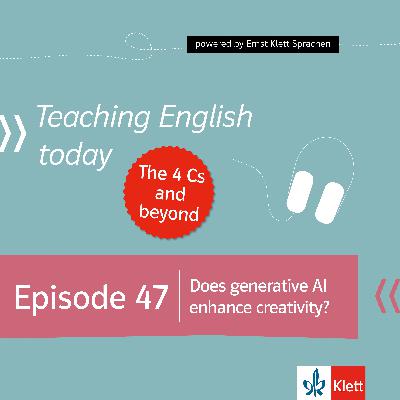

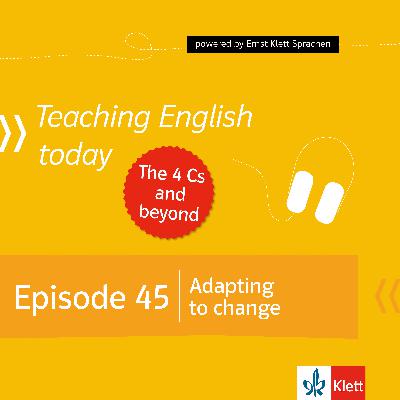
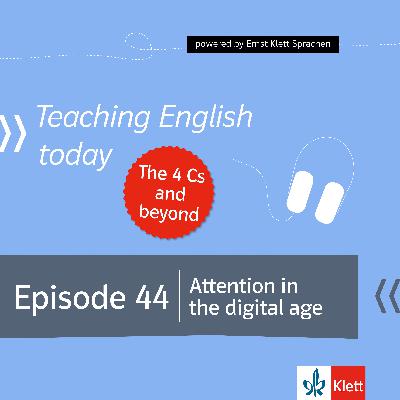
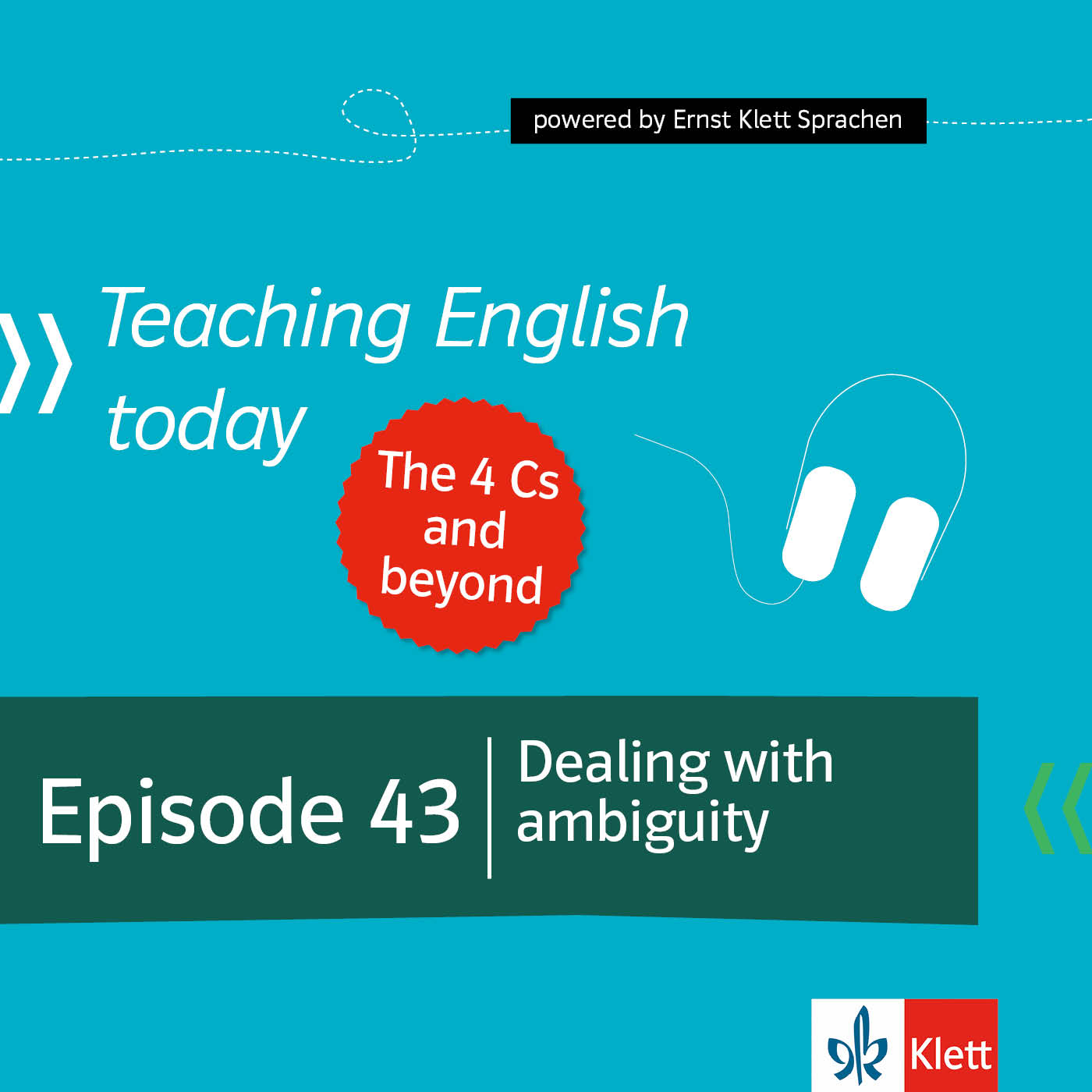

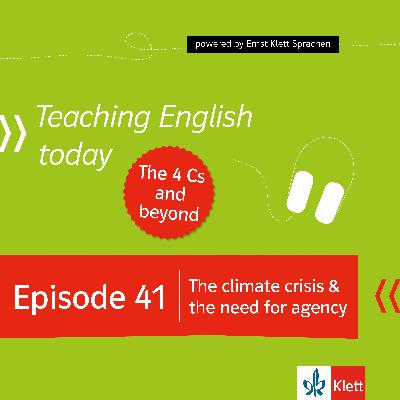
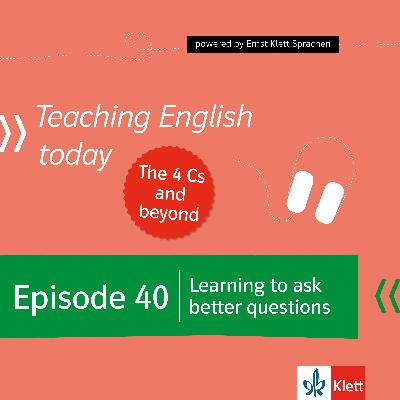

.jpg)
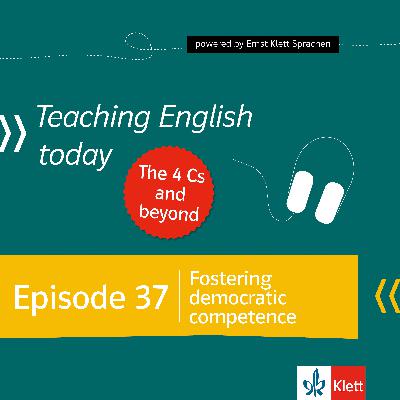
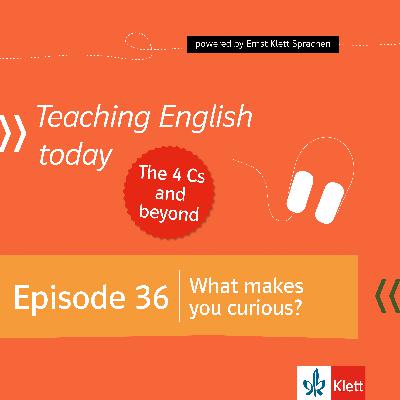

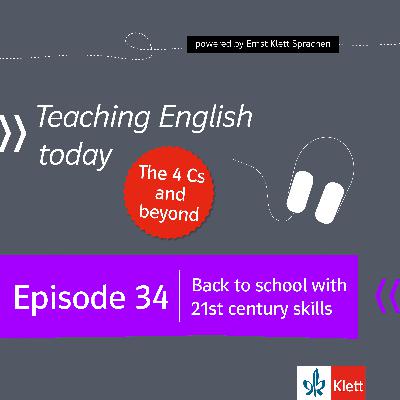

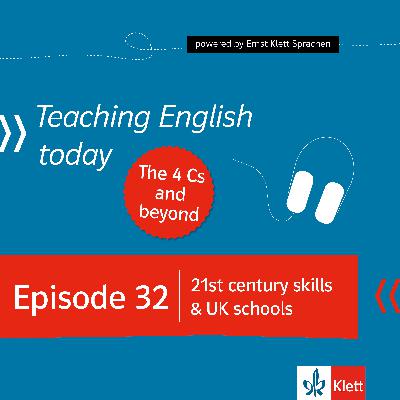
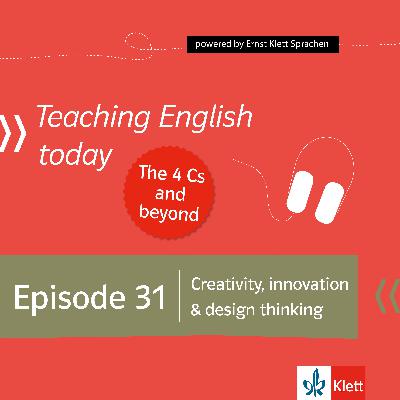
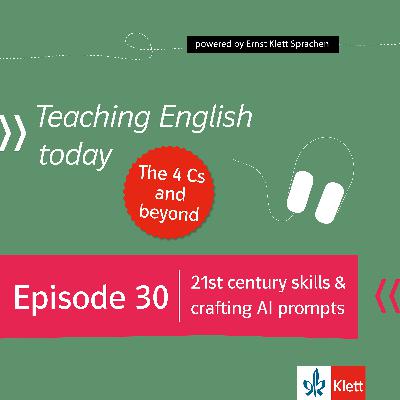
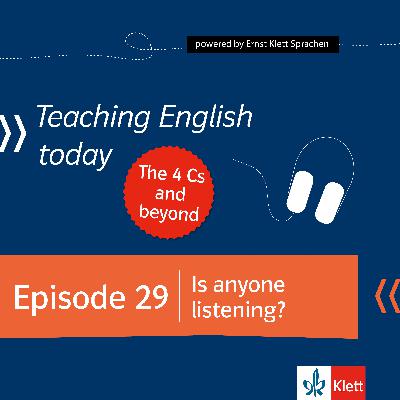



I would like to express my sincere appreciation for your remarkable podcast and your elegant accent. The content is truly engaging, and your delivery is exceptionally polished and inspiring.